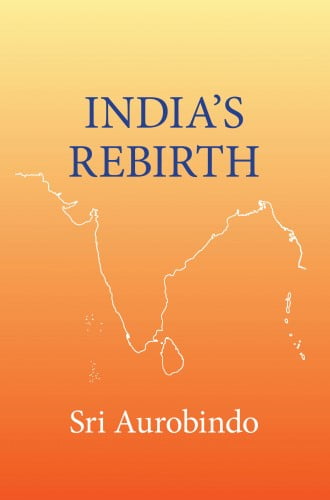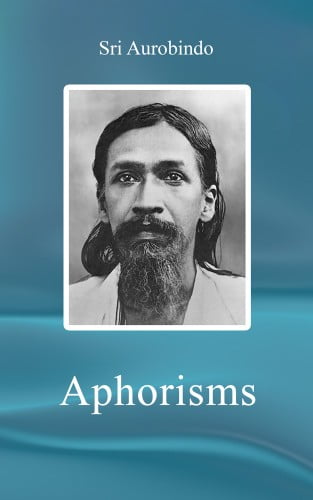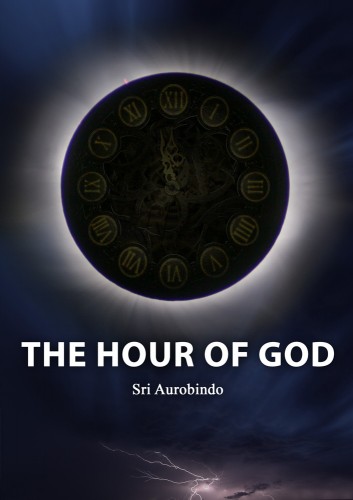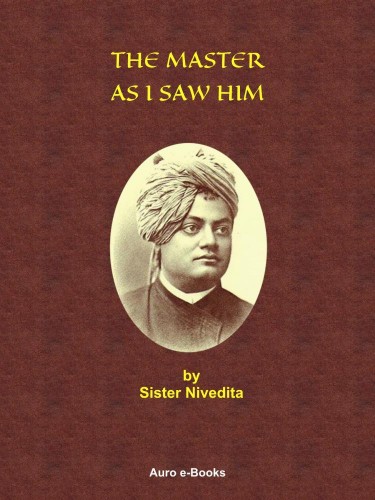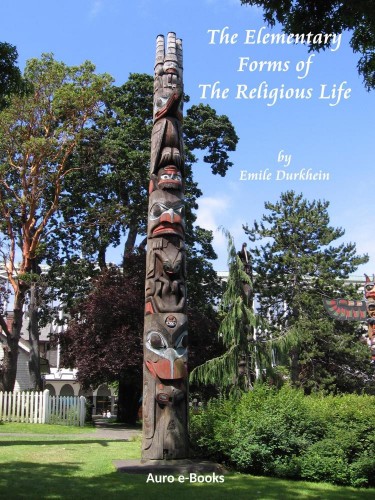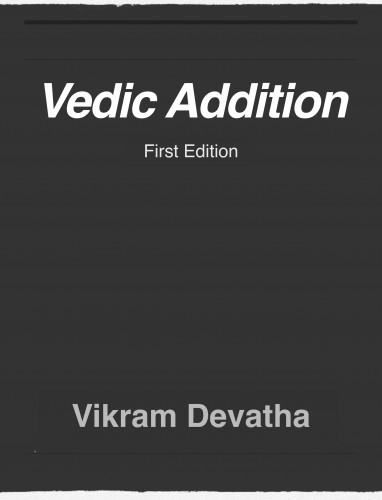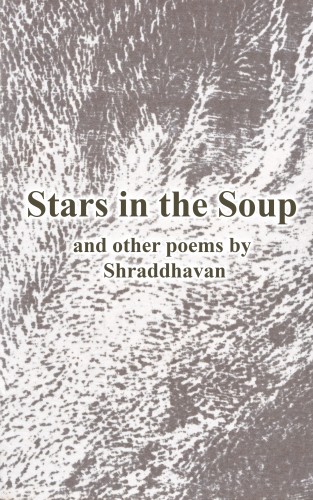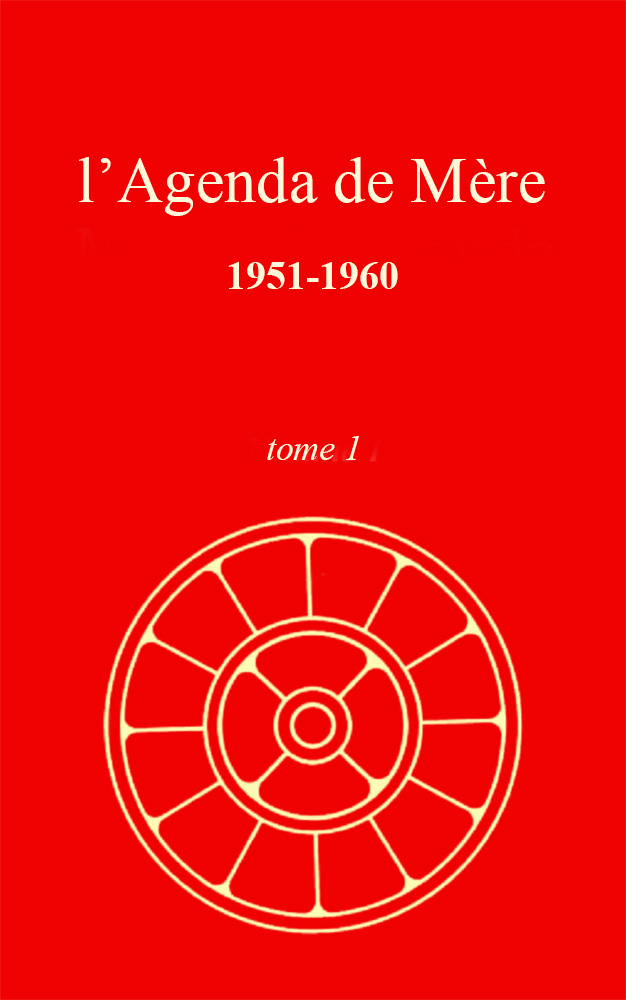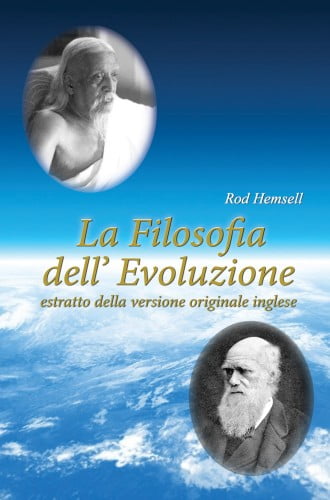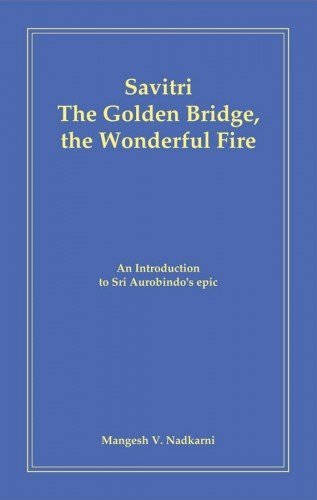India’s Rebirth
India’s Rebirth
This book presents Sri Aurobindo’s vision of India as it grew from his return from England in 1893 to his political days in the first decade of the century and finally to his forty-year-long withdrawal from public view during which he plunged into his ‘real work’ of evolutionary action.
This brief chronological selection from all that Sri Aurobindo said or wrote on India, her soul and her destiny, is by no means integral, but we trust it offers a sufficiently wide view of the lines of development Sri Aurobindo wished India to follow if she was to overcome the deep-rooted obstacles standing in the way of her rebirth.
A few notes have been added to help put the excerpts into historical perspective, and a Chronology, list of References and Index have been provided at the end of the book. Read more

